Frozen Shoulder
Frozen shoulder is a painful disorder of the shoulder. Symptoms include pain even when carrying out simple everyday activities like washing hair or buckling a seat belt, and stiffness that can make it difficult or impossible to move the joint. Pain can increase at night making it very difficult to sleep.
The problem occurs in the lining of the tissue surrounding the shoulder joint, called the joint capsule. Normally the capsule is a flexible sheet of tissue which moves as your arm does. In frozen shoulder the lining of the joint thickens with abnormal scar tissue, resulting in severe pain and stiffness.
What non-surgical treatment options are available?
Non-operative treatments include pain relief, steroid injections, hydrodilatation (a mixture of sterile saline, local anaesthetic and steroid injected to stretch the capsule) and physiotherapy. Pain and swelling relief through prescribed painkillers, and maybe steroid injections, will get some movement back into the shoulder joint to enable physiotherapy. The majority of patients with mild to moderate symptoms respond well to non-operative treatments over a period of time.
Capsular Release Surgery
If non-operative treatments provide no relief, arthroscopic capsular release surgery could be an option. This is a minimally invasive surgery whereby a narrow tube attached to a fiber-optic video camera is inserted through a small incision. The view inside the joint is transmitted to a high-definition video monitor enabling a surgeon to carefully release the abnormal joint capsule through other small incisions.
Capsular release surgery is performed as day case procedure with a nerve block given so that you have no pain following surgery. At the end of the procedure your arm will be free to move above your head and behind your back. Intensive physiotherapy will begin immediately following the surgery to ensure that scar tissue does not re-form and full movement is not lost.
How long is the recovery time and what results can I expect?
Following capsular release surgery relief from pain is immediate and movement of the shoulder is usually back to normal six weeks after surgery. You will be able to return to work around two to four weeks, or up to six weeks if your work involves heavy or overhead lifting.
Frozen Shoulder Explained
Need Help?
Treatment for frozen shoulder is available at One Hatfield Hospital in Hertfordshire. We can book you in to see a specialist Orthopaedic Shoulder Surgeon for an initial consultation, usually within 48 hours.
You can use your private medical insurance or pay for your Frozen Shoulder treatment. We offer competitive, fixed price packages. If you are using your health insurance, please contact your insurer first for approval and let them know you’d like to be treated at One Hatfield Hospital.
Why One Hatfield
- Modern purpose-built hospital opened in December 2017
- Fast access to diagnostics including MRI, X-ray and Ultrasound
- Private, spacious, en-suite rooms
- Specialist physiotherapy and nursing teams
- Little or no waiting time
- ‘Ultra clean air’ theatres
- Freshly prepared food
- Calm, dignified experience
Contact us and find out more
If you are based in and around Hertfordshire, St Albans, Stevenage, Watford, North London, Welwyn or Bedfordshire and would like to visit the One Hatfield Hospital please click here.
Orthopaedics Pricing Guide at One Hatfield Hospital
This is a list of guide prices for some of common Orthopaedics treatments and procedures.
| Treatment | Guide Price from |
|---|---|
| Hand and Wrist | |
| Carpal Tunnel Release - One Wrist | £2,350 |
| Excision of Ganglion | £2,309 |
| Shoulder | |
| Shoulder - Rotator Cuff Repair | £8,115 |
| Foot and Ankle | |
| Bunion Removal - One Foot | £6,500 |
| Knee | |
| Knee - Anterior Cruciate Ligament Repair (ACL) | £12,495 |
| Multiple Knee Arthroscopy | £5,000 |
| Knee - Replacement | £16,100 |
| Hip | |
| Hip - Replacement | £15,770 |



 One Ashford
One Ashford One Hatfield
One Hatfield